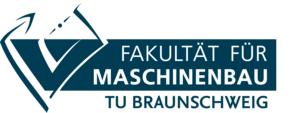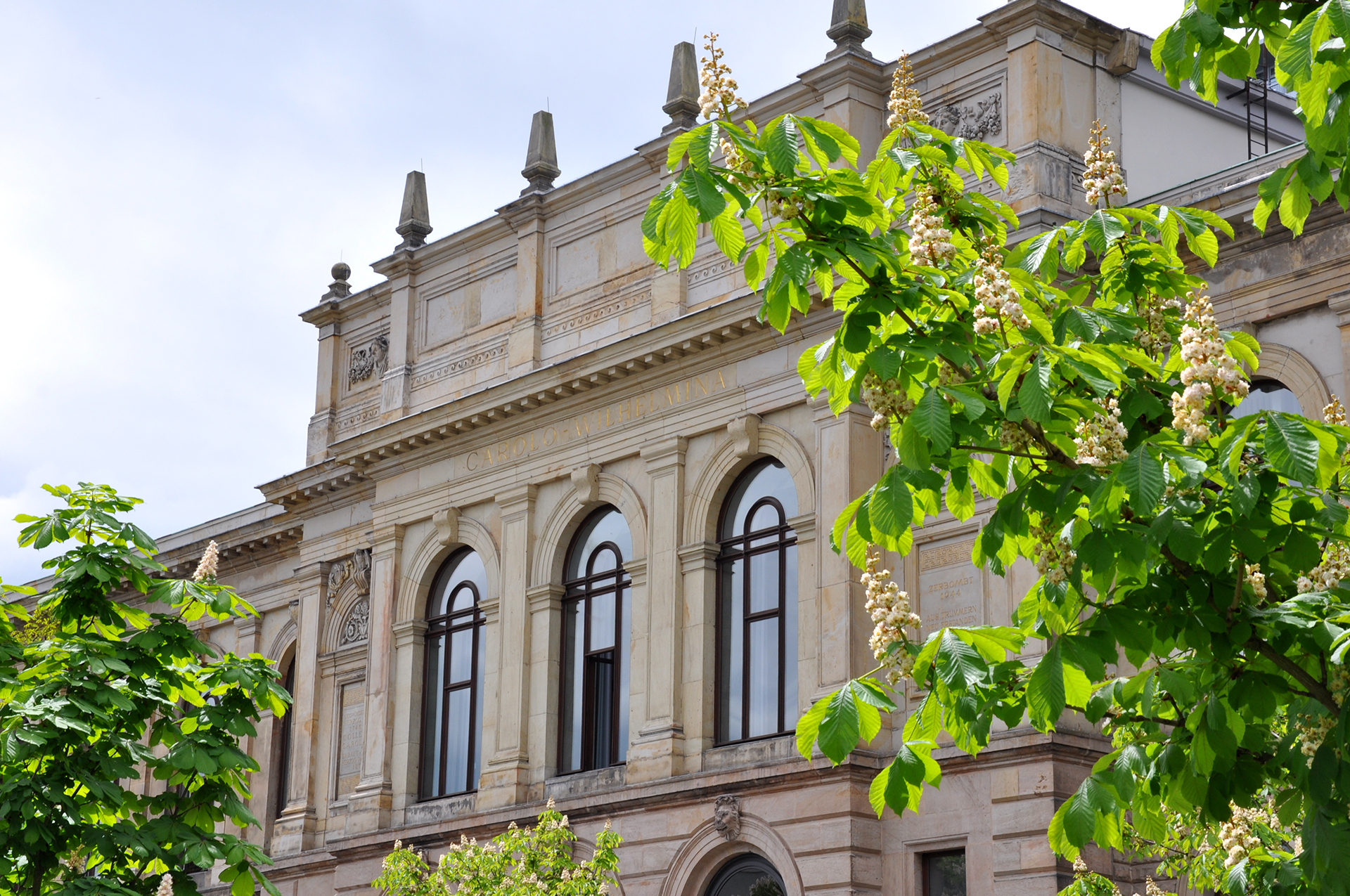
The study programme "M.Sc. Metrology and Analytics" will be renamed "M.Sc. Metrology and Measurement Technology" at the start of the winter semester 2021/22 and will start with new examination regulations.
Documents and downloads for the Master's programme Metrology and Measurement Technology (admission regulations, examination regulations, module handbook etc.) can be found on the page Documents.
Admission to the Master's programme Metrology and Analytics is open to students who have obtained a Bachelor's degree in one of the study programmes Electrical Engineering, Mechanical Engineering, Physics or Chemistry or a related scientific or technical programme. The selection committee decides whether the previous course of study is related in subject matter.
Standard period of study: 4 Semester
Language: German
Degree: Master of Science (M.Sc.)
Application period:
1st June – 15th July (winter semester)
1st December – 15th January (summer semester)
Facts about financing your studies in Germany
Learn more...
The Master's programme Metrology and Measurement Technology is an interdisciplinary course of study of the Faculty of Mechanical Engineering in cooperation with the Faculty of Electrical Engineering, Information Technology, Physics, Faculty of Life Sciences and Physikalisch-Technische Bundesanstalt (PTB), the National Metrology Institute. The integration of these institutes into the curriculum enables early insight into the practice of metrology and training by experts in this field.
Metrology Initiative Braunschweig
Due to the strongly interdisciplinary orientation of the Master's programme, there is a wide field of possibilities to extend and deepen existing competences and qualifications in the field of interdisciplinary metrology and measurement technology. The largely freely selectable courses come from the four teaching areas mentioned above and contain, in addition to the respective basics, in-depth subject-specific contents of the disciplines mentioned.
The structure of the Master's programme is shown in the following figure. For more detailed information, please refer to the module handbook.
At the beginning of your studies, the basics in the field of measurement data evaluation and the associated metrological statistics are taught in the Fundamentals of Metrology, which must be completed. The General Fundamentals is a compulsory elective part and contains modules from various subject areas that provide insights into the contents of the three fields of Specialisation. Modules with a total volume of at least 20 CP must be taken in the General Fundamentals.
40 CP must be taken in the following fields of Specialisation:
Courses must be taken in the amount of at least 20 CP in one of these fields which thus represents the major subject. The remaining credit points can be freely distributed among the other specialisations with the restriction that at least one module must be taken from each.
The modules available in the compulsory and optional areas can be found in Annex 1 and Annex 2 of the examination regulations.
The master thesis has a volume of 28 CP and includes the written processing of a task including literature research. It concludes with a presentation (2 CP) of the results after a period of 6 months. Both sub-modules must be passed separately. Only those who have passed all examinations and who have successfully completed the Student Research Project can be admitted to the Master's thesis. The Master's thesis can also be written in a company.
In the area of Interdisciplinary Electives, courses in the amount of 5 CP have to be completed. These primarily serve the acquisition of methodological and social competences (interdisciplinary qualification with professionalisation) and consist of modules with interdisciplinary and action-oriented offers for the imparting of interdisciplinary qualifications or competences. These modules can be selected from a list drawn up by the examination board and conclude with a non-graded performance. You can also take language courses.
The student research project has a volume of 13 CP and must be submitted in written form after a processing time of usually three months. It concludes with a presentation of the results (2 CP). The student research project demonstrates the ability to develop, implement and present concepts. You should demonstrate that you can define goals for a larger task and develop interdisciplinary solutions and concepts. The student research project can also be carried out as a group work. In this case, there must be an unambiguous and clearly recognisable delimitation of the individual examination performances of the team members, which makes an individual assessment possible.
The student research project can be carried out at any institute of the faculties involved in the course (Faculty of Mechanical Engineering, Faculty of Electrical Engineering, Information Technology and Physics, Faculty of Life Sciences (Chemistry)) and is usually registered at the supervising institute. The registration and submission dates are also recorded there. Like the Master's thesis, the Student Research Project can also be carried out in a company.

